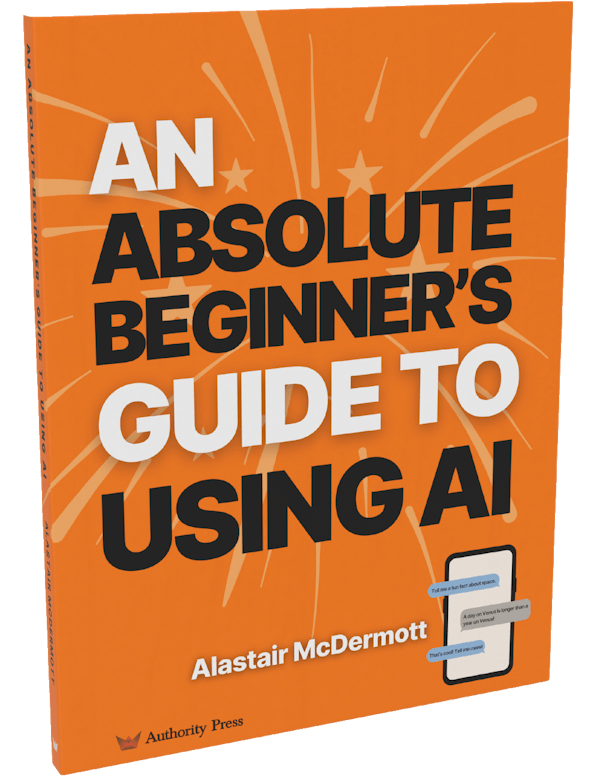I think it’s time we face the truth that too many business leaders are avoiding with euphemisms like “increased productivity” and “efficiency gains”: AI will take jobs. Many jobs.
When people warn about job losses, they’re often labeled as fearmongers. But let’s be real: it isn’t fearmongering when the threat is genuine.
We need to be brutally honest and prepare for the inevitable changes AI will bring. AI has the potential to revolutionise businesses. From automating repetitive tasks to providing insights from massive datasets, the benefits are undeniable.
But let’s not kid ourselves—automation and AI are already making certain roles obsolete. Jobs in knowledge-based businesses, expert services, and customer-facing systems are among the first on the chopping block.
Your team is already talking about this.
Here’s the thing: our employees are not clueless. They’re discussing these risks, and by not addressing their concerns directly, we’re risking their trust and loyalty.
Open Up Communication
We must be honest and transparent with our teams about the potential impacts of AI on their jobs. Don’t brush aside or downplay their very real concerns. I recently spoke with Joanna Pineda, CEO of Matrix Group, who has a team of around fifty. She wisely noted that letting fears and doubts fester can wreak havoc on company culture and morale.
“I want to be upfront—no one at our company is losing their job due to AI. However, to be fully transparent, we may not make some of the new hires we normally would, as AI could handle certain roles more efficiently.”
Schedule regular town halls or create channels where employees can openly voice their worries and concerns about AI. Listen with an open mind and avoid being dismissive.
Practical Steps You Can Take
As business leaders, we must prepare our teams and our businesses for the massive changes AI brings. Here are some practical steps you can take right now:
1. Upskill and Reskill
I believe we need to provide opportunities for all employees to reskill and learn about AI. Everyone in any kind of expertise or knowledge work role needs a solid understanding of AI. Foster a growth mindset by emphasizing that adapting to new technologies and evolving business needs is crucial for both personal and company growth.
2. Continuous Learning
Support ongoing education and adaptation to AI, as it is a continuously evolving field. Provide time, resources, and support for continuous learning. Be proactive. Rather than positioning AI capabilities as replacing institutional knowledge, highlight how employees’ contextual insights about your specific industry/market can complement AI’s data-driven recommendations. Reassure teams that their expertise and experiences remain invaluable differentiators as the company integrates AI capabilities.
3. Use AI to Assist
Identify areas where AI can enhance human work, freeing employees from repetitive tasks to focus on more strategic activities. Highlight potential new opportunities and growth areas that integrating AI could open up for the company and employees, such as personalized services or optimized processes.
4. Ethical Considerations
Implement AI responsibly by considering ethical implications, such as data privacy and bias. Follow Joanna’s example of being open to exploring innovative applications of AI, like her interest in AI-powered services. By balancing honest communication with a positive outlook on AI’s potential, you can help employees make the mindset shift from apprehension to enthusiasm about this transformative journey.
AI is going to take jobs—there’s no way around it. But by being honest and proactive, we can mitigate the negative impacts on our business and on the members of our teams. It’s our responsibility as business leaders to guide our companies and our employees through this transformation with integrity.
To dive deeper into this topic, check out my conversation with Joanna Pineda: YouTube link.









